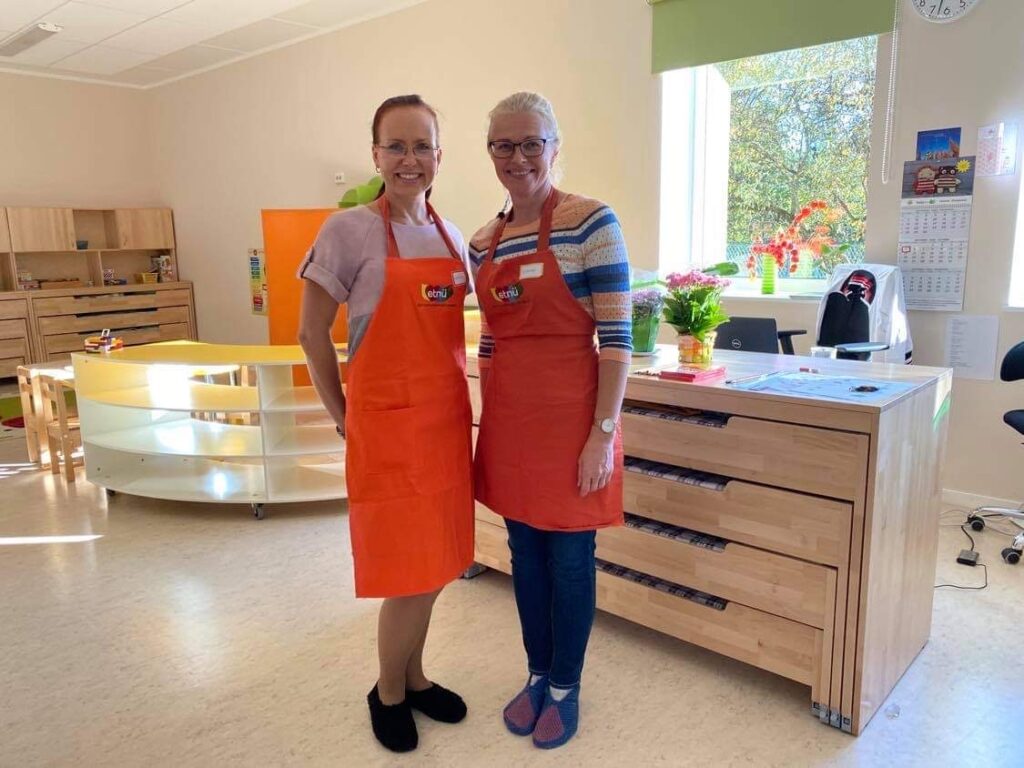
Eesti Toitumisnõustajate Ühendus (Estonian Nutritional Counselors Association) has been a member of SAPERE International since 2019. Since then, we have developed a curriculum and program for Estonian children (mostly pupils) based on the SAPERE method, which is built on sensory learning techniques. In the lessons, through playful activities, we create interest and curiosity by letting children test and trust their senses. Through this, the courage and willingness develops and children are more eager to eat different fruits and vegetables and discover new tastes.
We let children explore and try different flavors, and within the process, they learn to trust food and eat healthily. In the lessons, we also introduce the topics of growing, origin, and preparation of food. In addition, children also gain knowledge about food culture and table manners. Realizing that food is an important part of our culture and nature and affects the environment, children grow up to be conscious consumers.
All exercises and tasks are structured in such a way that the child learns, becomes aware of and uses all his senses.
Mentors – Each kindergarten and school have its own mentor from our Association who also trains staff and parents during the program.
KÜSK project – In the years 2019-2022, we carried out a proof-of-concept project in kindergartens and schools.
Feedback from teachers on our activities
As part of the pilot program, we prepared in 2022 the manual for kindergarten teachers and parents and a manual for schoolteachers and parents is also currently being prepared and will be ready in 2024. The manuals have practical value, i.e., they can be used independently in kindergartens, schools, and homes after completing the training.
Cooperation
ETNÜ offers cooperation opportunities for the implementation of senses-based learning in kindergartens and schools and has set a higher goal to add our program into the Estonian national preschool education curriculum.
In addition, we cooperate with various national organizations, e.g. Health Development Institute, Ministry of Regional Affairs and Agriculture, Ministry of Social Affairs, local authorities. We also participate in various public procurements to support the implementation and design of public sector health policy.

